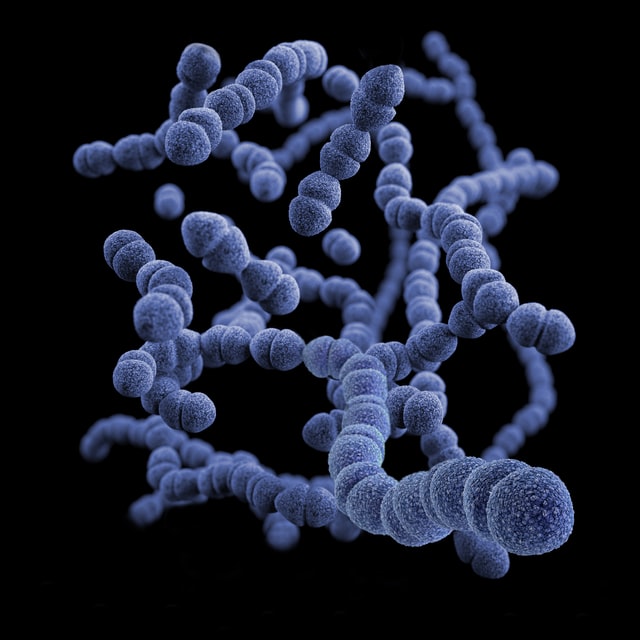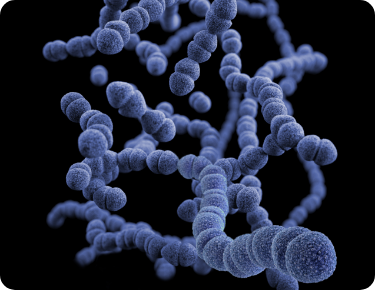Ever wonder where your immune system resides within your body? Actually, 70-80% of your body’s immune cells reside in your gut. The gastrointestinal system, in particular, the gut microbiota, remains a key player in the complex mechanisms of our immune system, our body’s “defense mechanism” against various pathogens.
Surprised? It is a fact that the gut-associated lymphoid tissue (GALT) forms a major part of the mucosal-associated lymphoid tissue (MALT), representing about 70% of your body’s entire immune system. Moreover, around 80% of plasma cells are present in the GALT.
It goes without saying that the foundation for a healthy relationship between our gut microbiota and the immune system is laid out by what we eat. Imbalances in the population or composition of the gut microbiota caused by a diet loaded with junk or processed food can lead to dysregulated immune responses. Optimal interplay between the gut microbiota and the immune system is absolutely vital to maintain our body in a state of homeostasis and good health.
How are the gut microbiota and immune system interlinked?
The gastrointestinal system is exposed to the external environment on a daily basis, via what we eat. It comes into contact with myriad stimuli every single day, ranging from nourishing food or hidden toxins to bacteria, viruses, fungi, or other pathogens.
The interaction of the GALT with gastrointestinal functions is fluid and dynamic. The GALT can react in a variety of ways, depending on the stimuli it has received:
- increasing intestinal permeability
- directing immune response towards any pathogens detected in food
- allowing tolerance or elimination of any antigens it detects
- In certain situations such as a food allergy, or celiac disease, it can even attack the intestinal mucosa, causing tremendous damage.
The dialogue between our microbiome and the immune system is initiated at the point of exposure to external stimuli and micro-organisms, i.e. at birth. It is complex and evolving: our gut bacteria and our immune system have evolved and developed together. In a sense, a replay of these events takes place in every new human being on the planet. As we grow older, our microbiota shapes our immune system and vice versa. This crosstalk and mutual regulation continue throughout our lives, determining our health and level of resistance to infections.
In the best-case scenario, the immune system supports the growth of beneficial microbes and a robust microbiome. The molecular signals sent out by a healthy microbiome support the development of immune cells and help in the “fine-tuning” of specific immune responses.
What is a “leaky gut?”
A “leaky gut” is the result of the intestinal mucosal barrier being compromised and its permeability being altered, allowing undesirable elements to pass through.
The integrity of the intestinal barrier is vital for a healthy relationship between the gut microbiota and the immune system. An intact barrier is vital to preventing the passage of toxins, antigens, and bacteria from the lumen of the intestine into the bloodstream.
Two things happen with a leaky gut:
- The usually tight junctions between the epithelial cells forming the inner lining of the intestine are loosened, and
- Changes in the transport mechanisms across cell membranes allow macromolecules to pass through
As a result, this line of defense becomes less efficient at blocking the access of harmful microbes and their byproducts to our system. This causes chronic inflammation and altered immune responses.
Eating right for a healthy microbiome and immune system
Go in for a fiber-rich diet. Certain microbial species produce short-chain fatty acids (SCFAs) such as acetate and butyrate when they process insoluble dietary fibers.
SCFAs have many benefits:
- They promote the activity of the “good guys” such as regulatory T cells, which prevent an immune response from being mounted against harmless intestinal microbes by the abnormal activation of other immune cells.
- They support the integrity of the mucosal-epithelial barrier of the intestine and decrease inflammatory responses
- They increase the production of IgA, a component of the body’s adaptive immune response
- SCFAs have the capacity to reach other organs like the brain and reduce neuroinflammatory responses
- A plant-powered diet rich in elements such as resistant starches, oat bran, pectin, etc. that provide the substrate that gut microbes can ferment into SCFAs keeps the gut and immune system top-notch.





Mar 21, 2023 at 07:56AM